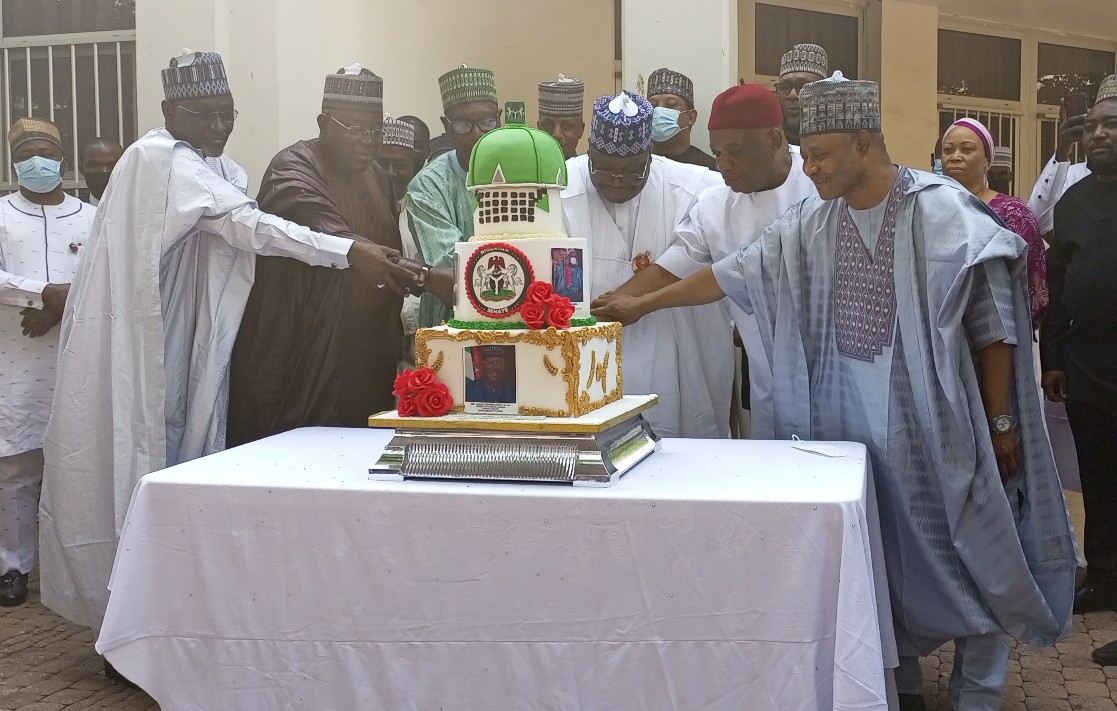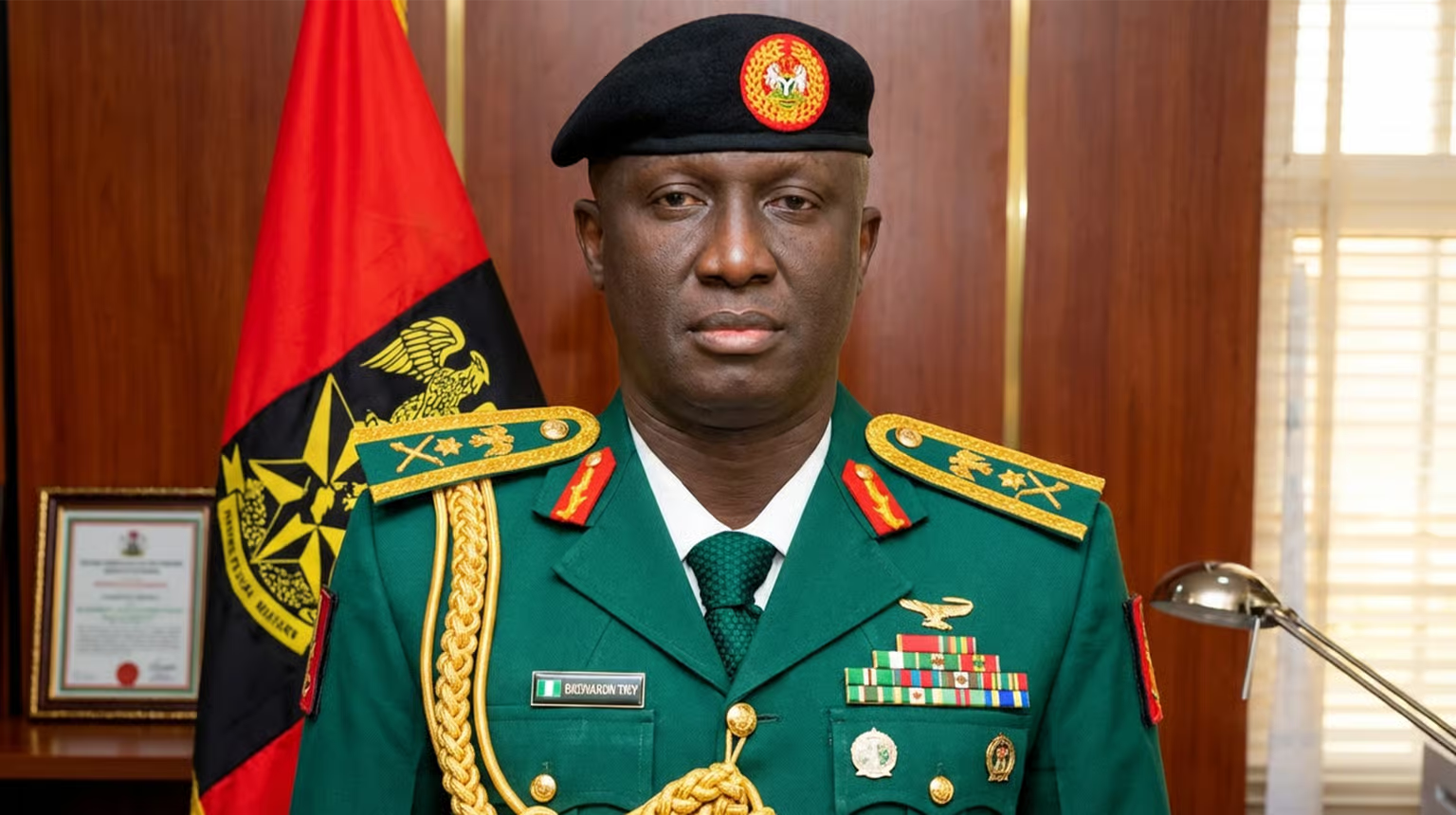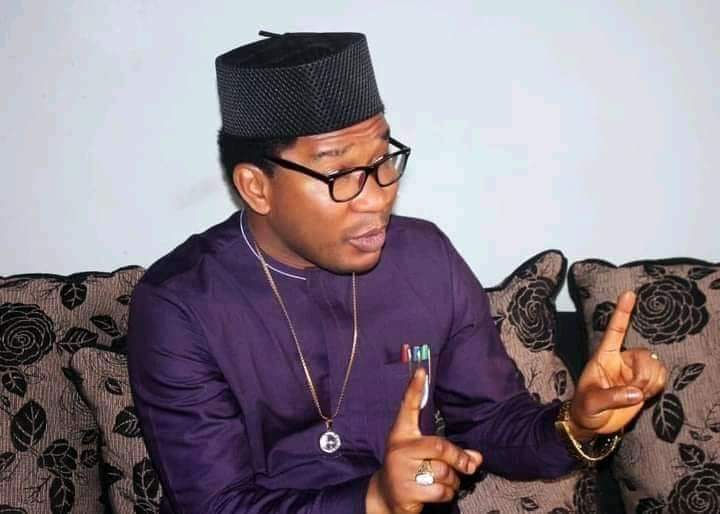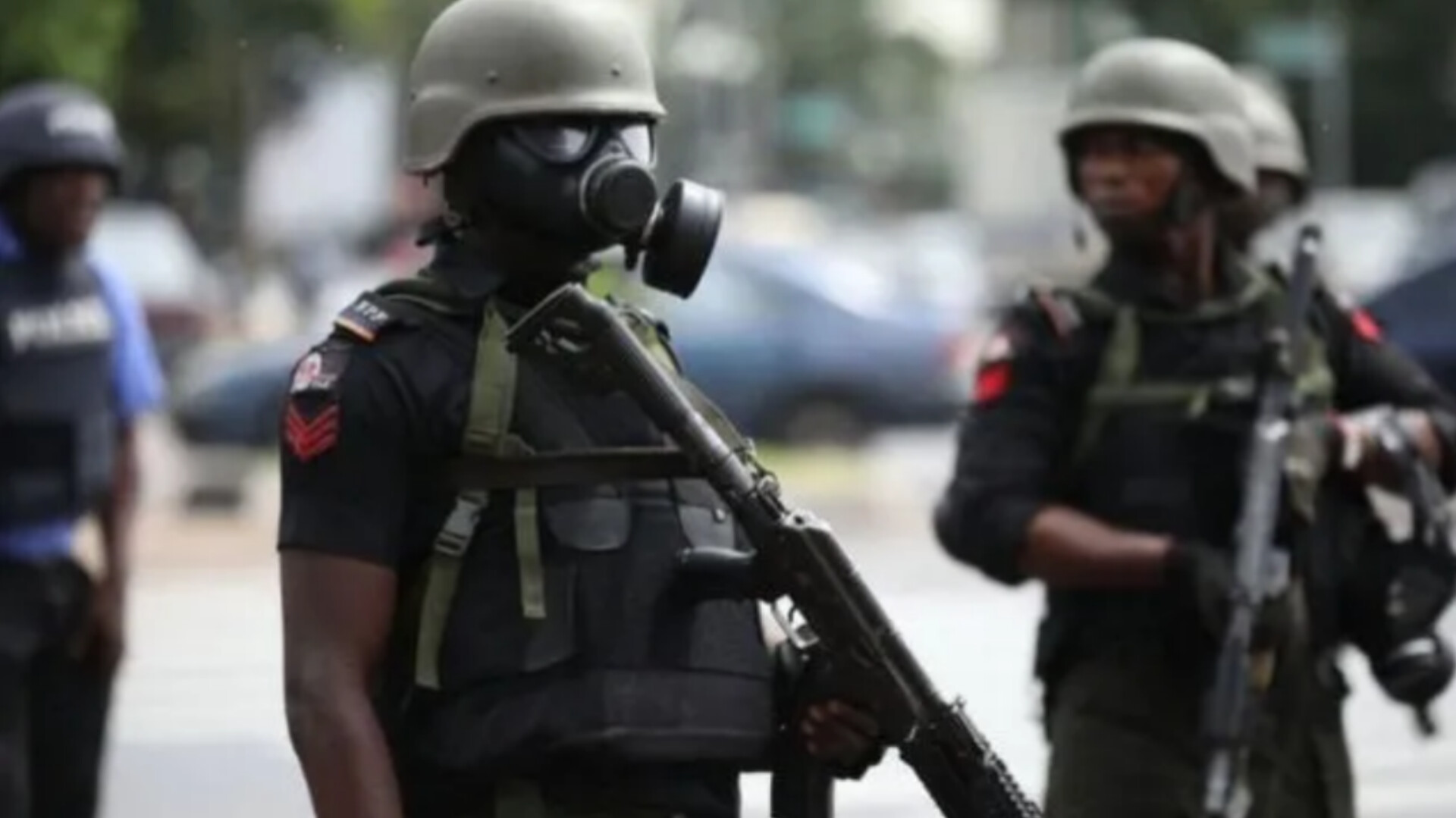Apparently worried by incessant killings in the country by different groups of criminals, the President of the Senate, Ahmad Lawan, has decried the situation saying Nigerians are tired of stories on such carnages.
Lawan who spoke at the Maitama Guest House of the Senate President while thanking Senators and journalists covering the Senate who visited him on his 63 birthday, said the situation is not too good for the country.
For that reason he said his 63rd is going to be subdued and solemn occasion because of what the country is passing through.
“Recently we lost 200people in Zanfara and some numbers in other parts of the country.
“These are not the types of stories we want to hear as a Government and as a country.
“Few days ago, reports have it that over 200 people were killed in Zamfara. This is not the kind of story we want to hear as a people and as government.
According to him, the sense of sympathy, empathy and humanity guided the low-key celebration, praying that God will help the leadership of the country to find lasting solution to the security situation in the country.
“The country is going through a hard time security-wise. Challenges across all parts of the country, which stretched the Armed Forces who have been at their best to fight to defend Nigerian sovereignty”.

“The government has not been able to adequately provide for the needs of the Armed Forces, hence the resolve of the National Assembly to do it’s best in spontaneous reaction to appropriate funds for effectiveness of the Armed Forces and we promise to continue to do this”.
“The situation is not too good as far as the unwanton killings by all manners of criminals are concerned.
“I however believed that things can be turned around for better within the remaining one and half years left for this present administration, inclusive of the 9th National Assembly “, he said .
He added that though the armed forces and security agencies generally, have been putting in their best in curtailing the killing spree, but more efforts and results are still expected from them.
“In supporting the security agencies for more potent war against the killers in the land, the National Assembly has appropriated over a trillion for security in the 2022 budget which will be monitored very well for desired results.
“In achieving this, our relevant committees will ensure that procurement process is transparent and what and what projected to be bought or acquired, are bought.
“The security situation in the country is begging for more attention and it shall be given because that is the primary purpose of governance “, he added.
He however stated that despite the security challenges in the country, the 9th National Assembly has collaborated well with the executive arm of government in giving dividends of democracy to Nigerians within the last two and half years .
“The first thing done by the 9th National Assembly in this regards , was the restoration of the January – December budget implementation timeline , which has helped in stabilising the economy.
“The 9th National Assembly based on legislative agenda set at both Chambers in June 2019, has also helped in stabilising the polity through results – driven harmonious working relationship with the executive arm of government.
“We don’t mind whatever name being called now, our focus is on Nigeria and Nigerians and not unnecessary rivalry with any arm of government or even between the Senate and the House of Representatives ” .
On borrowing, he said as long as expected revenues are not generated by agencies saddled with that purposes , so long will government be faced with challenges of borrowing.
“Nobody likes taking loans or accumulating debts but can’t be avoided as long as revenue generation is low.
‘In stemming the tide , aggressive engagements with various revenue generating agencies by relevant committees in the Senate , will take place on quarterly basis this year in meeting up and even surpassing targeted revenues for budgetary implementation .
“The current status of low revenue to GDP ratio must be changed “, he stressed.




